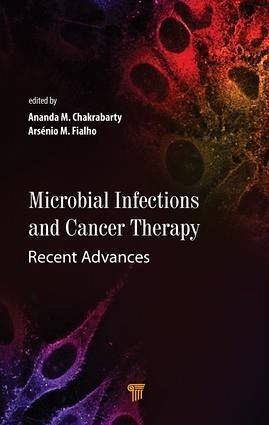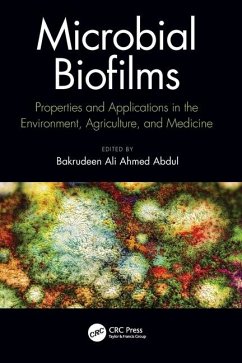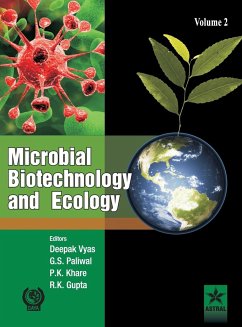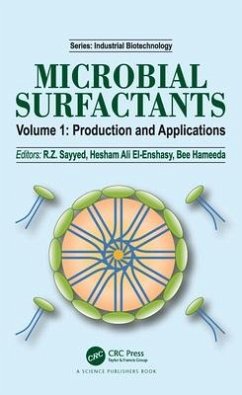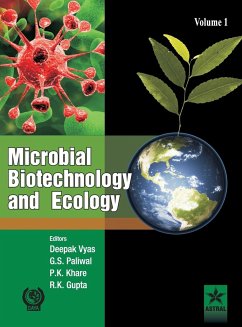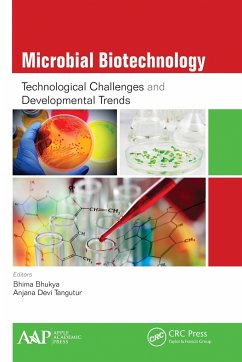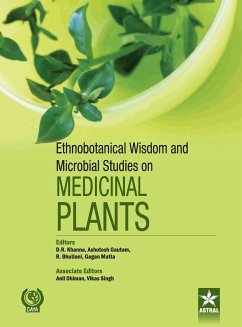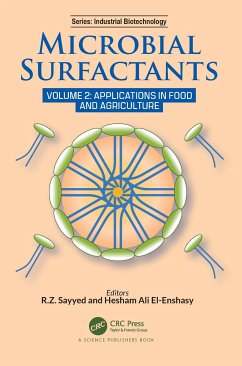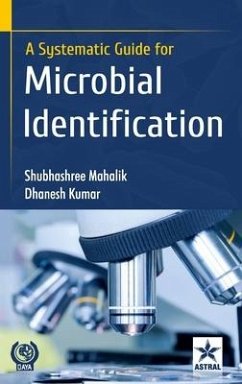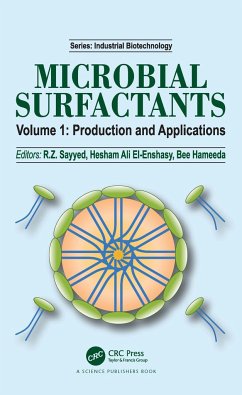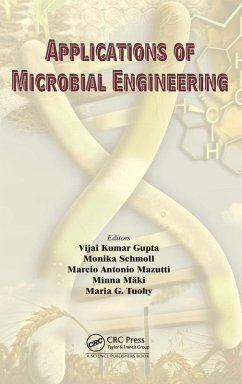Gebundenes Buch
Microbial Infections and Cancer Therapy
Versandkostenfrei!
Versandfertig in 1-2 Wochen
Weitere Ausgaben:

PAYBACK Punkte
100 °P sammeln!




This book deals with the emerging concept that certain pathogenic bacteria and viruses, when infecting people with cancer, actively fight tumors, allowing their regression. It is composed of 12 chapters written by pioneers in microbial, biotech, and cancer research.
Arsénio M. Fialho is associate professor in the Bioengineering Department of Instituto Superior Técnico and principal investigator in the Biological Science Research Group, Institute for Bioengineering and Biosciences, at the University of Lisbon, Lisbon, Portugal. His teaching and research interests are in molecular and cellular biology. His research focuses on the study of bacterial proteins/peptides as novel drug candidates for cancer therapy and aims to elucidate the cellular and molecular effects of treating cancer cell models with the protein azurin and its fragment, a cell-penetrating peptide of 28 amino acids known as p28. The p28 peptide successfully completed two phase I clinical trials in the United States. Prof. Fialho is also interested in the development of nanocarriers for anticancer drugs and study of trimeric autotransporter adhesins as novel and key virulence determinants in members of the Burkholderia cepacia complex. He serves as an expert for several national and international funding agencies and organizations. He has authored of 75 articles in peer-reviewed scientific journals, 2 books, and 13 book chapters and holds 8 US patents. Ananda M. Chakrabarty is a distinguished university professor of microbiology and immunology at the University of Illinois College of Medicine and advises senior officials in the United States and abroad on the policies relating to biotechnology and associated technology transfer. As a consultant to the United Nations, he was on the advisory committee that resulted in the creation of the International Center for Genetic Engineering and Biotechnology in Trieste, Italy. In 1980, Dr. Chakrabarty's genetically modified Pseudomonas bacteria became the first genetically engineered organism to gain a patent, as a result of the Supreme Court decision in Diamond v. Chakrabarty. He has continued to undertake pioneering biotechnology research into the therapeutic potential for protein products of bacteria, both at the University of Illinois at Chicago and on behalf of CDG Therapeutics (USA) and Amrita Therapeutics (India), two biotechnology start-ups engaged in clinical cancer research. Dr. Chakrabarty has more than 280 research publications to his credit and has received many notable international awards for his contributions to biotechnology.
Produktdetails
- Verlag: Jenny Stanford Publishing
- Seitenzahl: 466
- Erscheinungstermin: 13. Februar 2019
- Englisch
- Abmessung: 235mm x 157mm x 29mm
- Gewicht: 820g
- ISBN-13: 9789814774864
- ISBN-10: 9814774863
- Artikelnr.: 55337110
Herstellerkennzeichnung
Libri GmbH
Europaallee 1
36244 Bad Hersfeld
gpsr@libri.de
Für dieses Produkt wurde noch keine Bewertung abgegeben. Wir würden uns sehr freuen, wenn du die erste Bewertung schreibst!
Eine Bewertung schreiben
Eine Bewertung schreiben
Andere Kunden interessierten sich für



